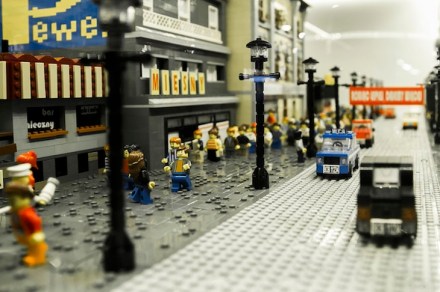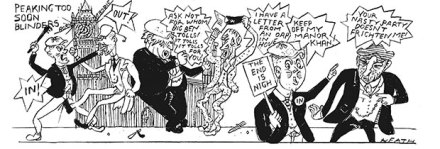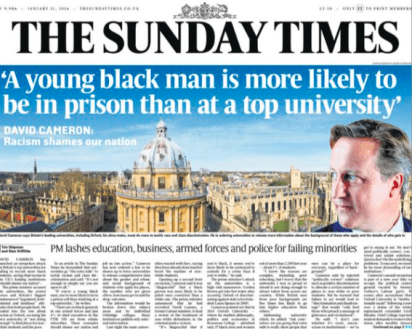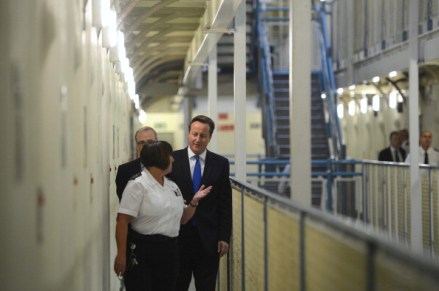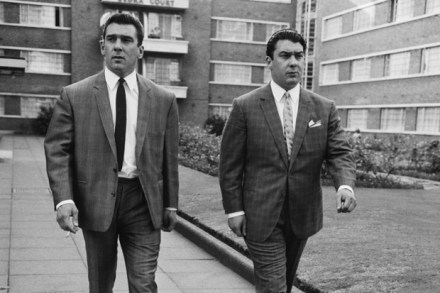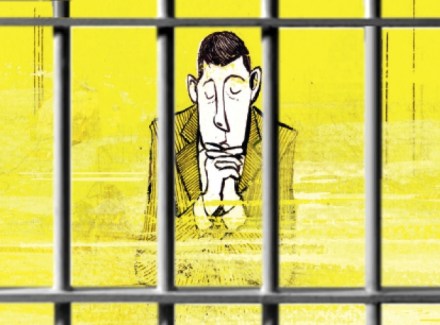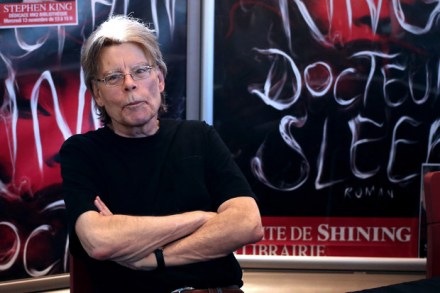Barometer | 1 December 2016
Autumn Budgets Philip Hammond announced that in future the Budget will be held in autumn rather than spring. This is not as revolutionary as some have made out. — In his 1992 Budget Norman Lamont announced that there would be two budgets in 1993, one in spring and one in autumn, and that from then on the date would switch to autumn for good. — The Budget was delivered every November from then until 1996. In 1997, Gordon Brown held his first Budget in July, before reverting to a spring date. — Denis Healey also delivered a November Budget in 1974, soon after the second general election of that year.




